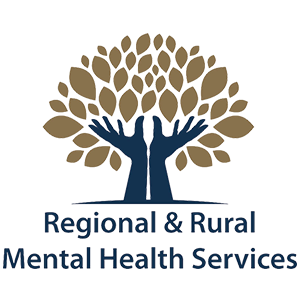Borderline Personality Disorder
Borderline Personality Disorder (BPD) is a mental health issue that affects people’s thoughts, emotions and behaviours, making it difficult for them to cope in all areas of life.
Common symptoms of BPD include:
Difficult, unstable relationships with others
Changeable and unstable emotional states
Frequent hostile and angry behaviour, and
Impulsive, risky behaviour.
The Australian BPD Foundation has a comprehensive explanation of BPD and treatment options.
Regional & Rural Mental Health Services offer a counselling and psychoeducation service for individuals with BPD difficulties and their carers.
Treatment and effective intervention of the individual with BPD is a process of education and support through which emotional control, and interpersonal and social improvement can be achieved. A trusting, reasonable and reliable counselling environment is essential. The individual needs to be given the opportunity to learn “the facts” of BPD, the opportunity the learn how to self-manage and minimise anxiety and emotional over-reactivity, how to self-reflect – “think first” - and then act. Self-acceptance and self-responsibility are important outcomes to aim for, together with improvement of emotional control, and improvement of the quality of social and interpersonal relationships.
If you would like to learn more about how a psychologist can help people with BPD and their carers, please feel free to contact us via our contact page or by phone.
Written by Greg Lewis, Psychologist

